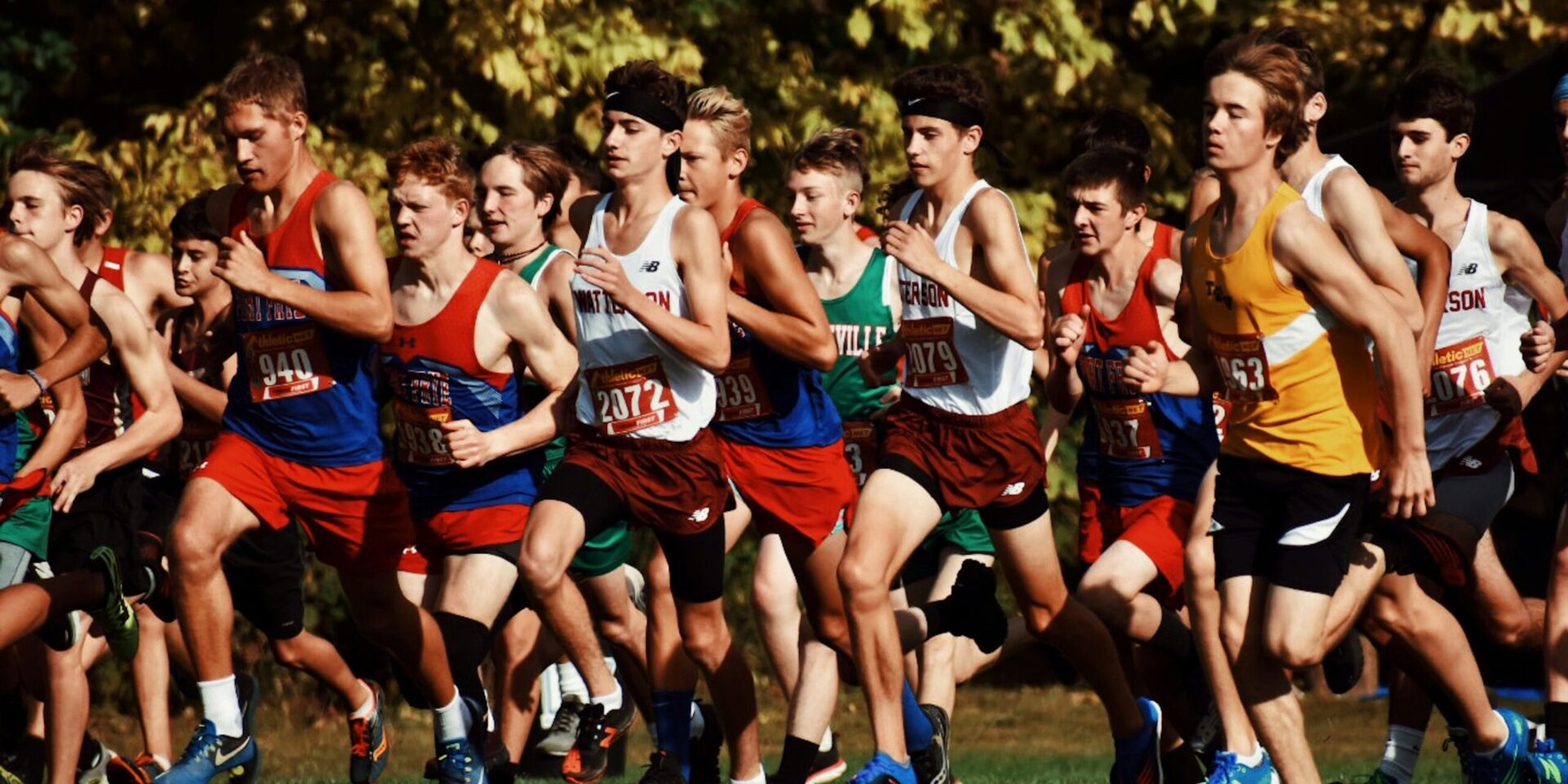In a landmark decision that reshapes the landscape of collegiate sports, a federal judge has approved a major settlement between the NCAA and athletes, allowing schools to directly compensate athletes beginning in July 2025. The settlement marks a historic change for the NCAA and the sports community, particularly for football and men’s basketball players, who stand to gain the most from the new compensation system.
A Game-Changer for College Sports
For decades, college athletes were prohibited from receiving payment for their participation in sports beyond scholarships that covered their tuition, housing, and other educational expenses. However, this longstanding policy has faced increasing scrutiny, especially with the growing power of Name, Image, and Likeness (NIL) rights that have allowed athletes to profit from their personal brand. The recent ruling permits schools to distribute up to $20.5 million annually to athletes, offering direct financial benefits to players, with a focus on football and men’s basketball.
The NCAA’s settlement reflects the changing dynamics within the world of college athletics, where previously student-athletes were often viewed as the backbone of high-revenue sports programs, but unable to capitalize financially on their athletic achievements. The shift toward direct payments comes as a result of pressures from lawsuits, public outcry, and the evolving market that sees college athletes generating millions in media rights, sponsorships, and merchandising.
Addressing Past Earnings
In addition to the direct payments starting in 2025, the settlement also includes provisions for compensating athletes who missed out on NIL earnings during their time in college. Under the agreement, nearly $2.8 billion will be distributed as back compensation to athletes who competed between 2016 and 2024. This compensation addresses the gap in earnings many athletes experienced before the NIL landscape was fully realized.
These payments, which will be managed by an independent body known as the College Sports Commission, are designed to compensate athletes for missed opportunities to profit from their name, image, and likeness. The Commission will be responsible for overseeing the distribution of payments, ensuring fairness, and maintaining the integrity of the process.
New Regulations and Oversight
While the shift toward paying athletes marks a significant victory, it also comes with strict new rules and guidelines to ensure the system remains fair and sustainable. Under the settlement, the NCAA, along with major conferences, will establish salary caps and roster limits. These rules aim to prevent a competitive imbalance, ensuring that schools with larger budgets do not have an unfair advantage in recruiting top-tier talent.
The independent College Sports Commission will play a key role in overseeing compliance with these new regulations. The commission will be tasked with enforcing the salary caps and roster limits, which aim to prevent excessive pay disparity between athletes across different sports programs and schools. The decision to implement these rules also seeks to address concerns that the new compensation structure could lead to the commercialization of college athletics in ways that might undermine the amateur status of student-athletes.
The Future of College Athletics
The settlement is a pivotal moment in the transformation of college sports, signaling a major shift in how athletes will be compensated in the future. For years, the NCAA has resisted paying athletes, arguing that doing so would undermine the educational experience that college sports were meant to represent. However, with the rapid rise of NIL and the increasing demands for fair compensation, the organization has been forced to evolve. This settlement helps bridge the gap between the ideals of amateurism and the financial realities of college sports in the modern era.
Critics of the previous system argued that the NCAA exploited athletes, particularly in high-revenue sports like football and basketball, while making billions of dollars off their performances. The new agreement addresses this issue, though it remains to be seen how it will affect the competitive balance in college sports. Some believe the settlement could lead to a more equitable system, while others worry it could further entrench power and financial disparity among the most prominent programs.
What This Means for College Athletes
The new rules and compensation structures present a major opportunity for college athletes, particularly those in high-profile sports programs. As schools begin to distribute payments starting in 2025, athletes will have more financial security, which could positively impact their quality of life and help reduce the financial pressures many face while pursuing their academic and athletic careers.
The changes will likely also influence the recruitment process, as prospective athletes may choose schools based not just on academic and athletic programs, but on the financial compensation they can receive. For some, the new system might even affect decisions on whether to remain in college for a few years or to declare for professional sports leagues sooner.
While the new agreement represents a victory for athletes who have long fought for fair compensation, it also raises important questions about the future of college athletics. Will this settlement lead to the full professionalization of college sports, or will it maintain a balance between academics and athletics? Time will tell, but for now, the new rules signal a more equitable and financially sustainable future for college athletes.
As the sports world waits for the implementation of these changes, all eyes will be on how universities, conferences, and athletes adapt to this evolving landscape.

